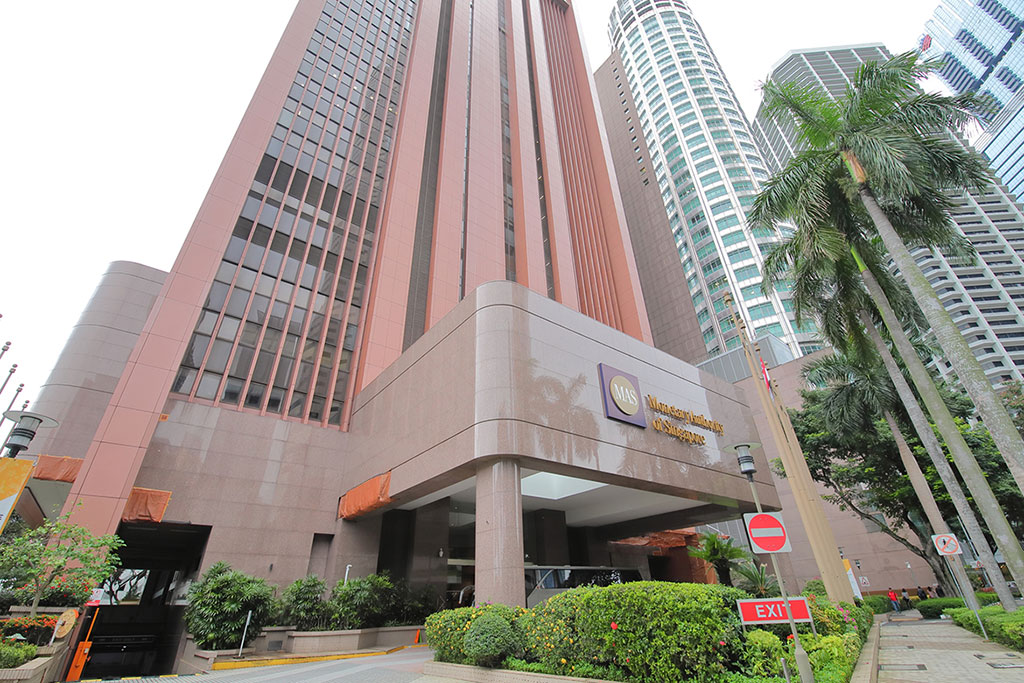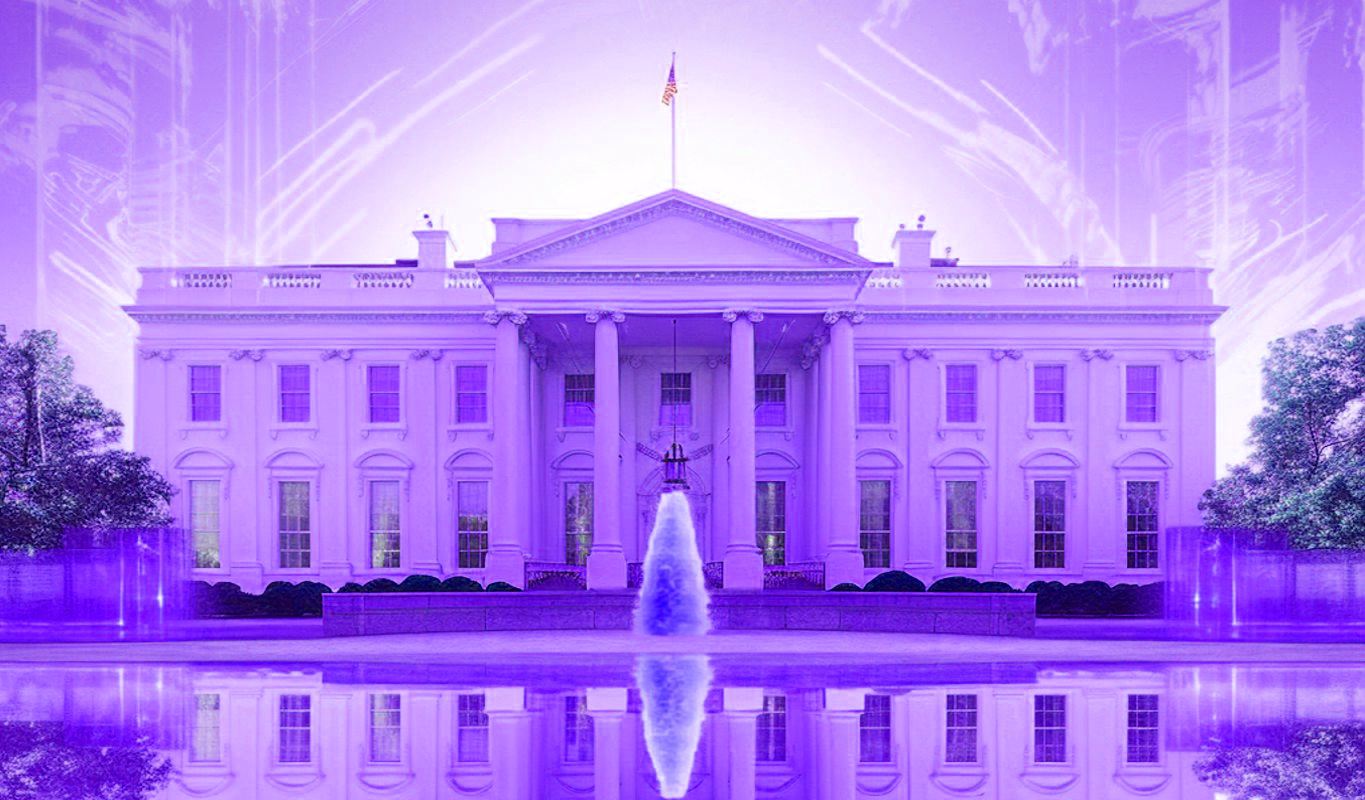Coinspeaker
Singapore Expands Crypto Regulation Rules to Cover Custody
The Monetary Authority of Singapore (MAS) announced earlier today that it is amending the Payment Services Act and its subsidiary laws to broaden the range of payment services that are subject to regulation.
The amendment, which seeks to impose user protection and financial stability-related requirements on Digital Payment Token (DPT) service providers, is said to become effective from April 4. For those undertaking activities under the expanded regulatory scope, the MAS stated that it will provide “transitional arrangements.”
However, they must notify the regulator within 30 days and submit a license application within six months from April 4. Following the effective date of the amendment, companies that do not meet the outlined conditions are obligated to stop operations.
Notably, the revised rulebook covers service providers who assist in the transfer or exchange of tokens even if they don’t have their hands on the cash or coins involved. In the same way, businesses that facilitate international transfers are now subject to the act, even if the money being transferred isn’t received or accepted in the city-state.
MAS went on to explain that such procedures would allow it to impose requirements relating to anti-money laundering and counter-terrorism financing. Angela Ang, senior policy adviser at blockchain intelligence firm TRM Labs commented:
“Some of these amendments have been in the works for years and “bring regulatory clarity to key parts of the crypto ecosystem.”
Officials have already announced measures to regulate custody and other crypto-related transfer services. In 2022, Singapore suffered major blowups from crypto platforms such as the defunct FTX Derivatives Exchange that resulted from unrestricted crypto speculations. Consequently, the city changed its laws to encourage the beneficial application of blockchain technology.
These changes encompass the possibility of enhancing payment efficiency and simplifying the purchase and sale of illiquid assets. Singapore has simultaneously worked to stop ordinary investors from speculating on cryptocurrencies.
Singapore Competes Against Major Crypto Jurisdictions
Through the expansion of its crypto regulation and services, Singapore is competing against crypto jurisdictions such as Hong Kong and Dubai to draw in digital asset companies. These countries have regulatory frameworks designed to promote innovation while safeguarding investors.
Hong Kong is quickly positioning itself as a crypto-friendly region. Its reasonably clear legislative framework has recently captured the interest of numerous crypto-based organizations searching for a favorable environment in which to grow their blockchain and digital asset businesses.
For instance, OKX, one of the world’s largest crypto exchanges, is now seeking a license in Hong Kong. OKX is anticipated to bring a track record of successfully enabling the trade of digital assets to the table.
In the same vein, with various government initiatives encouraging future technology, Dubai has ascended to the top ten cities in the world for running a Web3 and Artificial Intelligence (AI) business.





